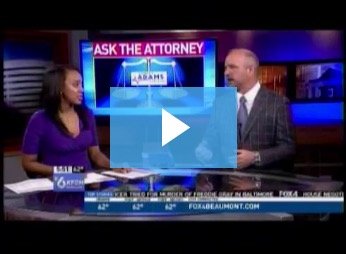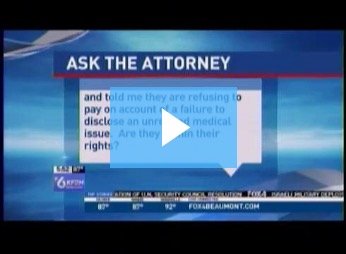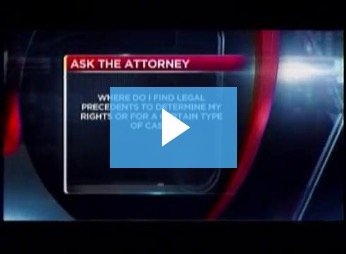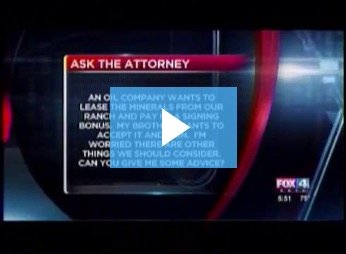Understanding Texas Personal Injury Law: A Comprehensive Guide
Navigating the complexities of Texas personal injury law can be challenging without the right information and guidance. Whether you’re dealing with the aftermath of a car or truck wreck, a workplace injury, a dangerous product, an unsafe store or premises, or any other incident caused by another’s carelessness or negligence, understanding your legal rights and options is crucial. This comprehensive guide aims to clarify some key aspects of personal injury law in Texas, helping victims make informed decisions about their cases. For personalized advice tailored to your specific situation, contact Gilbert Adams Law Offices in Beaumont to speak with an experienced and successful Texas personal injury lawyer.
What Constitutes a Personal Injury Claim in Texas?
In Texas, a personal injury claim arises when an individual suffers an injury and someone else might be legally responsible for that harm, whether by statute or at common law. The basis for personal injury law is negligence, which is simply a failure to exercise ordinary care or the level of care expected under the circumstances. For instance, the failure to keep a proper lookout that leads to a wreck is negligence. Driving while distracted is negligence. The failure to provide a safe place to work is negligence. Selling a dangerous product or one without adequate warnings or instructions is negligence. The legal elements of a negligence claim are:
- Duty: The defendant had a legal duty to the plaintiff.
- Breach: The defendant breached that duty through action or inaction.
- Causation: The defendant’s actions (or inaction) caused the injury.
- Damages: The plaintiff suffered losses (damages) as a result.
Types of Damages Available in Personal Injury Cases
Texas law permits recovery of several types of damages in personal injury cases:
-
Economic Damages: These include tangible losses such as medical expenses and lost wages, not only in the past but also expenses that may likely continue in case of necessary future medical care or loss of a capacity to earn as much as before, as well as property damage and potentially loss of use damages. It can also include loss of household services in the situation where you have to now pay someone to take care of household matters or otherwise you can no longer perform them.
-
Non-Economic Damages: These cover intangible losses, both in the past and also into the future such as physical hurt; pain and suffering; mental grief or anguish; physical impairment or damage to, for instance, engage in recreational activities; scarring or disfigurement, and more. Texas law allows the non-injured spouse to recover what is called loss of consortium, society and affection, both past and likely to continue into the future.
-
Punitive Damages: In cases where the defendant’s conduct is found to be grossly negligent, malicious or fraudulent, punitive or exemplary damages may be awarded to punish the wrongdoer and deter similar conduct in the future.
The Statute of Limitations for Personal Injury Claims
In Texas, the statute of limitations for personal injury claims is generally two years from the date of the injury. This means that you must file a lawsuit within two years of the injury date, or you may be barred from pursuing your claim in court, regardless of the merits of the claim. Several exceptions to this rule can make this timeframe longer or shorter, so consulting with a knowledgeable personal injury attorney as soon as possible is advisable to ensure your rights are protected.
Comparative Fault in Texas
Texas follows a “modified comparative fault” rule, which means that if you are partially at fault for causing your injury, your award for damages may be reduced by your percentage of fault. The Texas Legislature has passed a statute stating that if you are more than 50 percent responsible, you cannot recover any compensation from the other at-fault parties. It can be critical to your recovery to stand up against insurance contentions that you were negligent with the help of an experienced attorney who understands how to prove fault in a personal injury claim. And generally the lawyers hired by the insurance companies will assert that you were “contributorily negligent,” often without much or any merit.
How Personal Injury Claims are Resolved
Statistics show that most personal injury cases in Texas are settled out of court between the injured party and the at-fault party’s insurance company, even though Texas law prohibits you from suing directly the at-fault defendant’s insurance company. However, if a satisfactory settlement cannot be reached, the case may go to trial. This generally means the at-fault party is not making a fair offer, in hopes that the jury will be confused by what they allege as a defense. During a trial, a judge or jury will examine the evidence to determine fault and the amount of damages. It is important that your attorney timely gather and collect the requisite evidence so that the Court record has sufficient evidence in the event the Defendant’s insurance company decides to appeal the Jury’s decision.
Why Legal Representation Matters
Navigating personal injury claims can be complicated, involving stringent deadlines and complex legal rules. Securing representation from an experienced personal injury attorney can significantly enhance your ability to secure a fair settlement or verdict. An attorney can help gather and present evidence, negotiate with insurance companies, and advocate on your behalf in court. Our firm is the oldest personal injury firm in the State of Texas, having continuously existed for more than 90 years.
Contact Gilbert Adams Law Offices for Help With a Personal Injury Claim in Texas
Understanding Texas personal injury law is crucial for anyone involved in a car crash, slip and fall, or other injury incident. By knowing your rights and the legal avenues available, you can better navigate the process of seeking compensation for your injuries.
If you have been injured and believe another party is at fault, call the Gilbert Adams Law Offices at 409-835-3000 for a free consultation. Our experienced personal injury attorneys in Beaumont are dedicated to representing injury victims in Galveston, Houston, and throughout Texas, ensuring they receive the justice and compensation they deserve.










